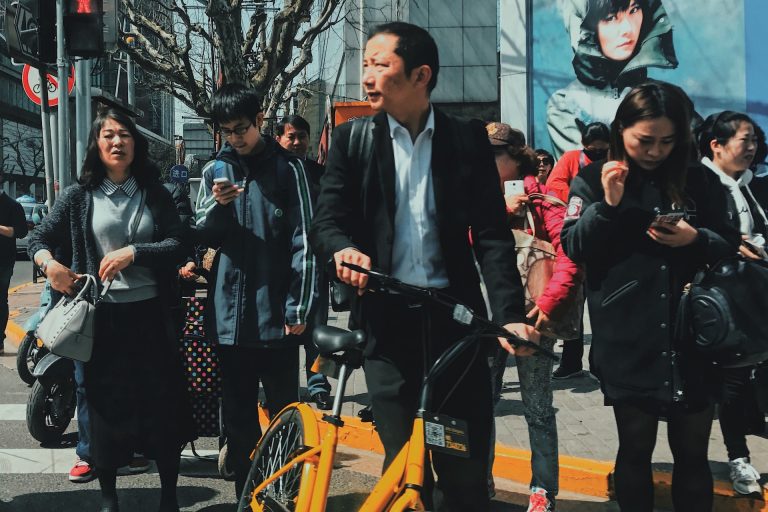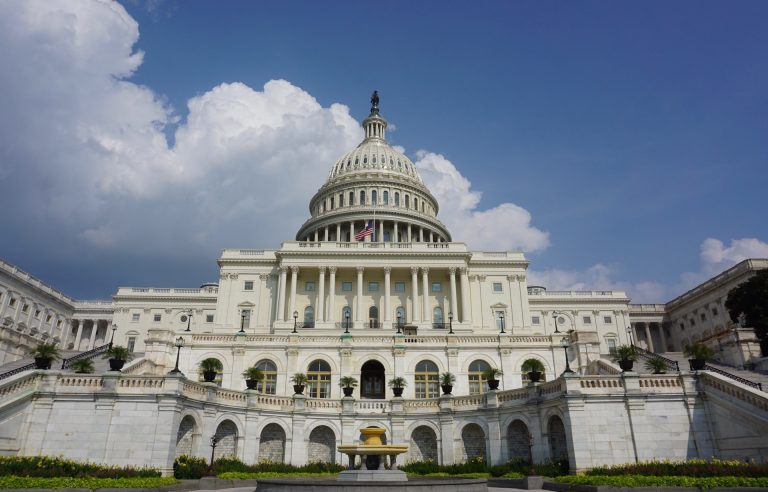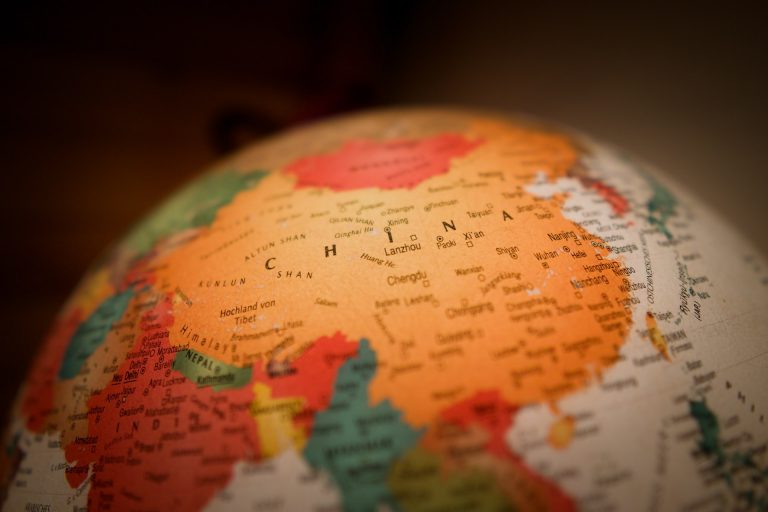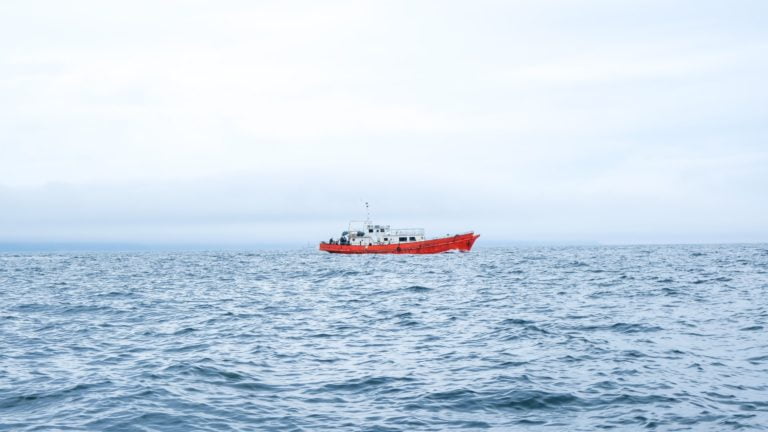
Category Topical


Moroccan Decentralization: Towards Community Development and National Solidarity
Dr. Yossef Ben-Meir first introduced us to development and decentralization in Morocco in 2018. In this new piece, he re-examines and updates Morocco’s progress towards sustainable development. Background on Moroccan Decentralization Decentralization in the Kingdom of Morocco—aiming to make unprecedented…

Summons to Appear: NotPetya and the War Exclusion Clause

The United States Should Revive the Arctic Executive Steering Committee

Power, Strategy, and Outcomes in Negotiations in The Gambia

Russia Is Receding, Not Resurging: Why the United States Should Forego Another Containment Strategy
Is Russia resurgent? Some Kremlinologists would respond “yes” after its saber-rattling over Ukraine, transnational cyberattacks, and nuclear weapon modernizations over the past few years. In January, former US Ambassador to Russia Michael McFaul wrote in Foreign Affairs that U.S. citizens “wrongly assume”…

Finding Common Ground: The Effect of Geography on Domestic and Foreign Policy

The United States Needs India and Taiwan to Counterbalance China: Will the “Milk Tea Alliance” Work?

Chile 2010-2020: The Contentious Decade
If contention describes a state of sustained, massive protest combining peaceful, disruptive, and violent tactics, then the decade of the 2010s may be considered the most contentious in Chile’s history.[1] The decade’s contentious dynamics seem more spectacular and unpredictable considering Chilean…

Africa Is Not a Region, and Policymakers Should Stop Treating It Like One
With the new presidential administration in the United States, numerous articles have been published which suggest initiatives for the Biden administration, including from such Washington institutions as the Council on Foreign Relations,[1] the Center for Strategic and International Studies,[2] and Foreign Policy magazine.[3] Many innovative…

Dapiran Observes a City on the Edge

